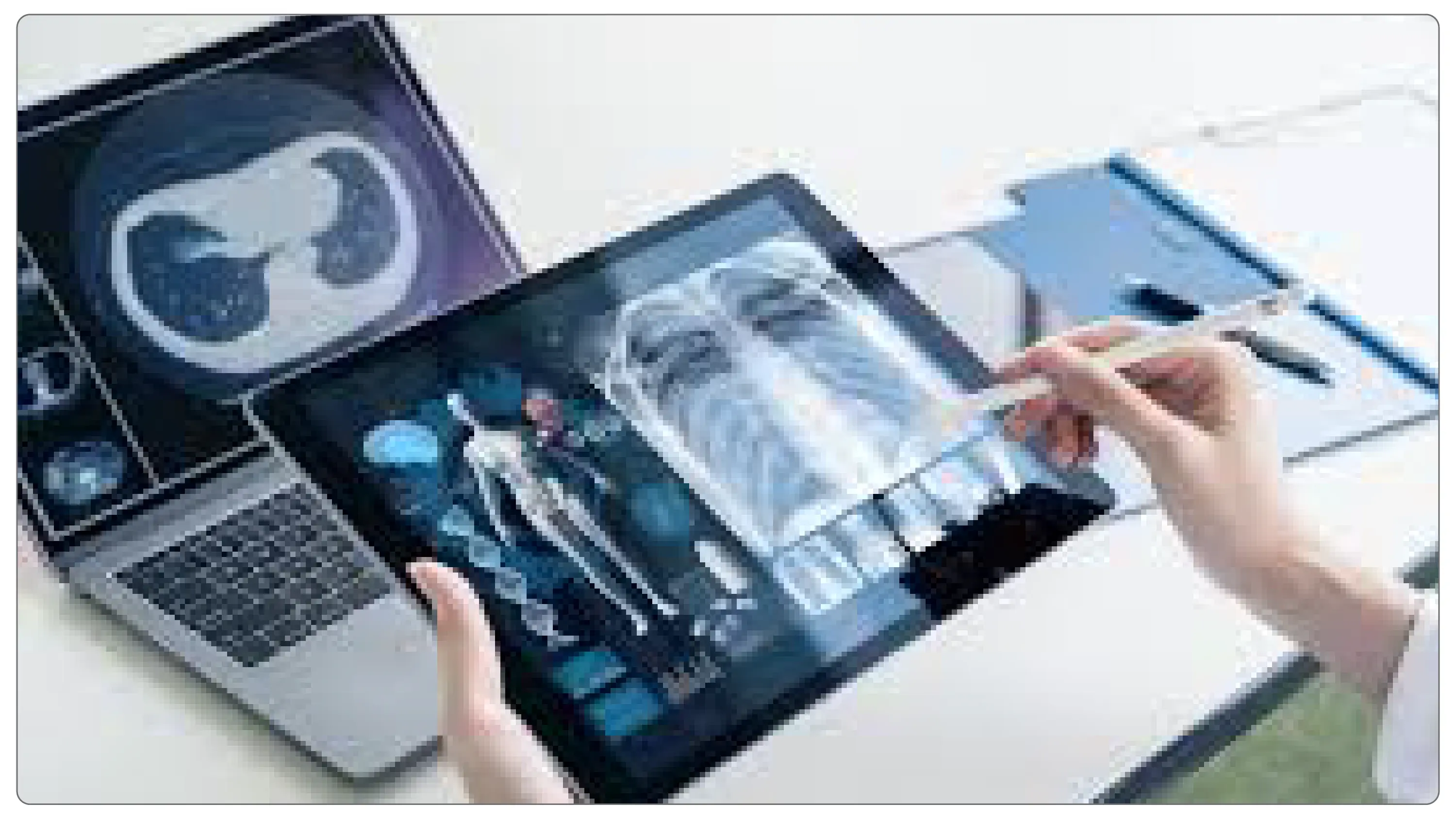Breakthrough at UTHealth: Ultrasound Therapy Targets Liver Tumors Without Surgery
In the ever-evolving fight against cancer, a new treatment, Histotripsy (a non-invasive ultrasound technique approved by the FDA), is now available at UTHealth Houston. It eliminates liver tumors without requiring any incisions. In collaboration with Memorial Hermann Texas Medical Center, this is a revolution in treatment rather than merely another medical advancement.

Why is everyone paying attention? This is neither chemotherapy, nor radiation, and it’s not surgery either. Histotripsy uses precisely focused bursts of ultrasound to break down the tumor at the cellular level, while leaving surrounding healthy tissue completely unharmed. There’s no blood, no stitches, and no need for an overnight hospital stay.
Physicians are referring to it as a lifeline. Dr. D. Ryan Hall, MD, general, hepatobiliary, and transplant surgeon at Memorial Hermann and Assistant Dean for Admissions and Student Affairs at UTHealth, stated that Histotripsy is a brand-new, secure, and efficient alternative for patients who are not candidates for surgery or who wish to forget invasive procedures. This is a quick, accurate, and almost painless outpatient procedure that only requires one session. After the body naturally removes the damaged tumor tissue patient can return to their regular lives in a matter of hours. It is a solution that reverses the typical cancer treatment plan, which calls for weeks of recuperation followed by a return to normalcy on the same day.
Scientists are already investigating the possibility of using historipsy to treat other solid tumors in the kidney, pancreas, and other organs. If it is shown to be successful in treating several types of cancer, it may lead to a significant change in outpatient precision oncology.
Not even in medicine is it ready to call it the ultimate answer. Before histotripsy becomes a universal standard, some experts note that additional clinical data is required. However, the momentum is clear as adoption continues to grow at leading medical facilities across the globe.
Still, the implications are massive. In a healthcare system pushing for cost efficiency and reducing hospital loads, a safe, non-invasive cancer treatment that works in hours instead of weeks isn’t just desirable, but also disruptive.
Surgeons are not being replaced in this approach. The goal is to provide doctors and patients with an option that seamlessly blends technological precision and human empathy into one powerful and effective treatment.